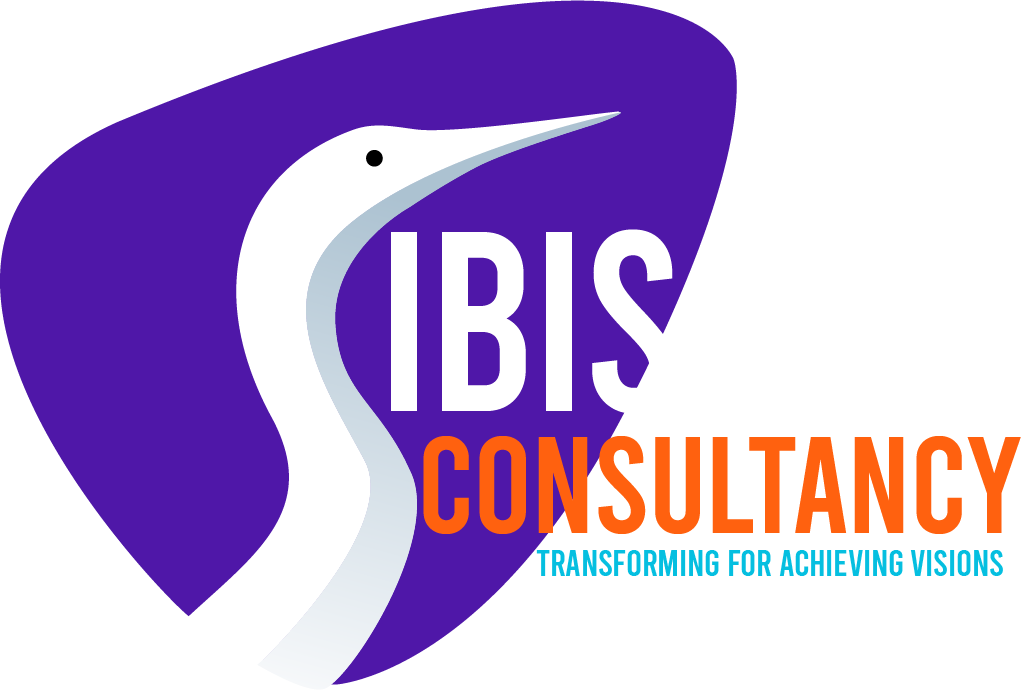Leading Effective 1-1 Meetings Certification
- Course Duration: 0.75h
- qualification: Leading Effective 1-1 Meetings Certification
About this course
Leading Effective One-to-One Meetings Certification
Meetings are often viewed as an unfortunate reality of working life. While they are unavoidable, they do not need to be unpleasant. When carried out correctly, any type of meeting can be a valuable tool to motivate your team.
In particular, one-to-one meetings are a great way in which to ensure that all your team members feel more motivated and valued while at work. When held in conjunction with both company-wide and departmental meetings, you can be sure that your whole organisation is running well.
Learning how to hold effective one-to-one meetings can boost productivity, empower your staff and improve your bottom line.
This course goes into detail about effective one-to-one meetings, giving you the tools and information you need to lead productive meetings.
We begin by talking about how to ensure that your meeting stays on topic and on track and runs smoothly.
Next, we review the most common types of one-to-one meetings that most offices see and give you tips on how to run these well.
Finally, we review a list of questions you should ask at every meeting to help you get useful information from your team.
What you will learn
You Will Learn:
- Why you should use an agenda for one-to-one meetings and how to go about setting one
- What to do with the agenda, once it has been set, and how to obtain feedback from staff before the meeting begins
- Which type of meeting is the most valuable to you and your team
- Information about disciplinary meetings and when they should be held
- The best questions to ask, when having a meeting, in order to get the most useful information
Benefits of this course
Benefits of Taking This Course
- Experiencing less stress and anxiety when arranging one-to-one meetings
- Learning how to generate ideas, with the goal of setting an agenda in mind
- Understanding the most common types of meetings and when to use each one
- Learning the importance of selecting only one topic per meeting
- Understanding the best ways in which to provide feedback and obtain status updates from staff

